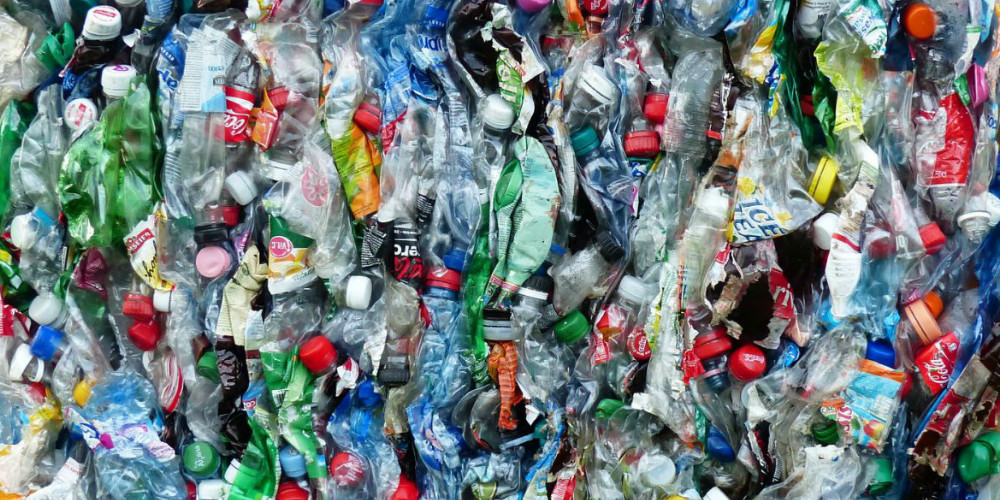Members of Scottish Parliament exploring whether to enact a deposit return scheme have accepted that independent retailers may not have the space needed to take part.
A new report by the Scottish MSPs considering a DRS said that the lack of storage space for empty bottles in independent convenience stores has led to: “concerns that they would lose profit and footfall as larger retailers would be most likely to provide the space.” One of the suggested remedies was an “opt-out” option for independent retailers.
The findings by the Committee Sub Group on Deposit Return Schemes in Scotland echo the concerns of the ACS and the SGF. James Lowman, CEO of the ACS commented on the findings, “Our most recent polling has suggested that 71% either simply do not have space in their stores for a deposit return scheme or would have to make changes to their stores to make space.”
SGF CEO Pete Cheema added: “DRS is not the right solution for Scotland – investing in kerbside is best for retailers, consumers and the environment.”
However, YouGotTheBottle? political lead James Mackenzie said DRS schemes already in place proved it can work for independent retailers, citing Estonia's system where those with stores below a certain size can opt out, yet many still chose to take part as it is profitable.
He commented, "The best thing retailers can do is to see a deposit system in operation. There's a misunderstanding that it won't work for retailers, but it would actually be a major net win for the retail sector, including small players."
The deposit return scheme (DRS) would see consumers pay a deposit on plastic bottles which a store would then pay back to the consumer once they return the empty bottle.
Those in favour of DRS such as the Scottish Mail, the NFRN, Keep Britain Tidy and Coca-Cola say it would reduce litter and increase recycling. Those against DRS such as the SGF and the ACS say it will disproportionately impact independent retailers and isn’t popular with consumers.
The current DRS consultation is limited to Scotland and a decision is expected by early 2018, but this doesn't mean the rest of the UK should be watching carefully.
Mackenzie describes interest elsewhere stating, "We've seen increased interest elsewhere in the UK recently, the Welsh government is commissioning a report on DRS, a Westminster Environmental Audit Committee inquiry into disposable plastics and a new litter strategy for England."
A UK government source also told The Telegraph that they’re watching Scotland’s decision before considering a wider implementation – as happened previously with the plastic bag charge.
Asked whether a DRS should be implemented throughout the UK, Keep Britain Tidy told Retail Express, "DRS is a complex issue. We are undertaking research at the moment to look at the potential impacts of such schemes, particularly in relation to local authorities and kerbside recycling. There is some evidence from abroad that DRS does reduce the littering of plastic bottles.”
A bottle deposit scheme is already in place in Germany and at least eleven other European countries, though some are voluntary. AG Barr previously had a bottle deposit scheme in Scotland but ended it in 2015, when it also said: “DRS would make life even tougher for Scottish business and industry.”
Dunns still runs a return scheme on glass bottles, with Londis Glasgow retailer Natalie Lightfoot stating, "They do take up space because they are bulky but it's how it's always been. Some shops do some don't. I do. We also have the option to return to cash and carries to free up space and use the credit.



Comments
This article doesn't have any comments yet, be the first!